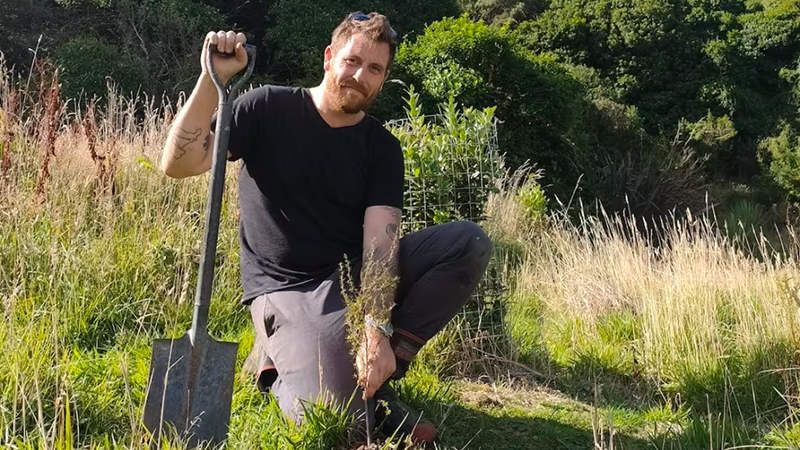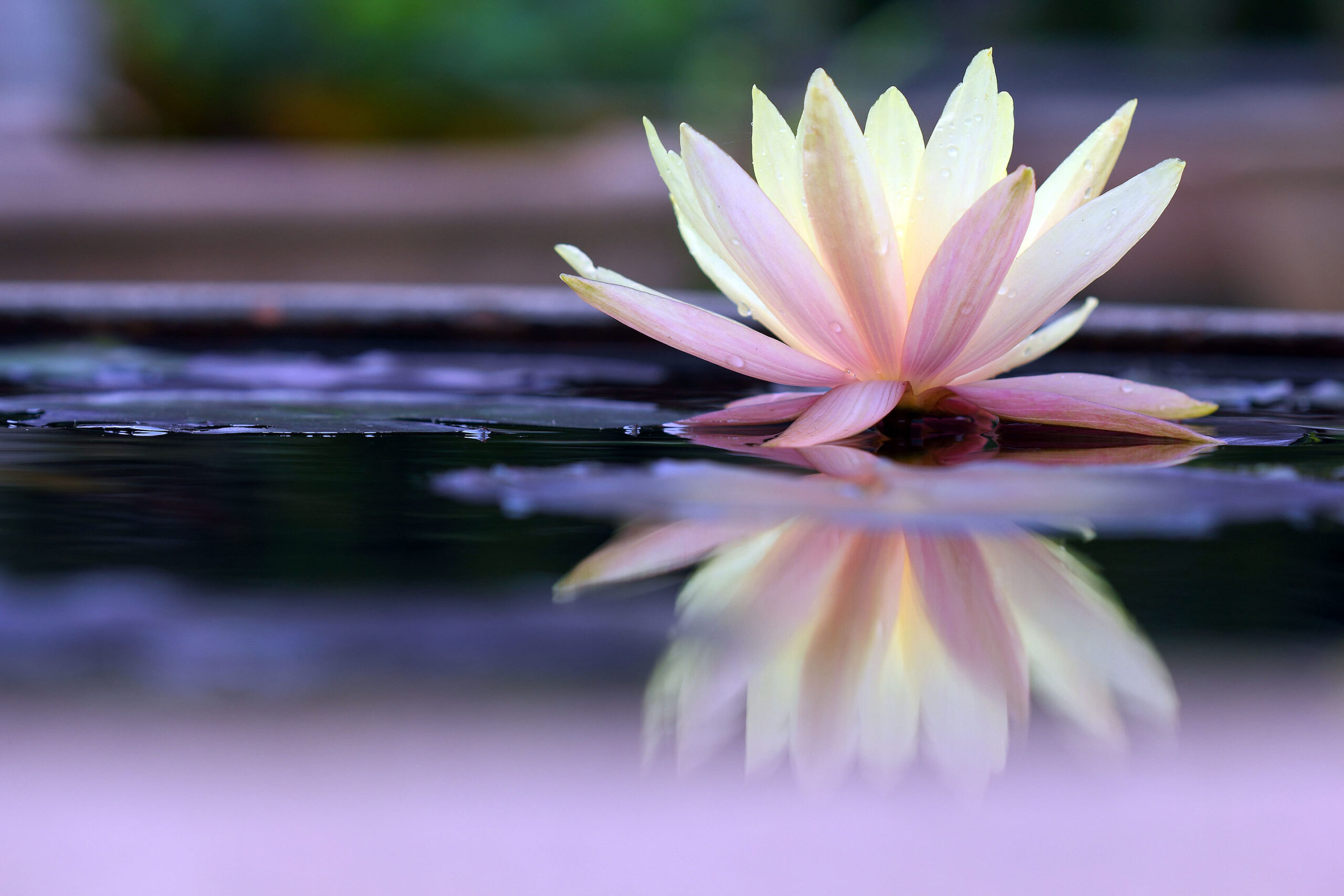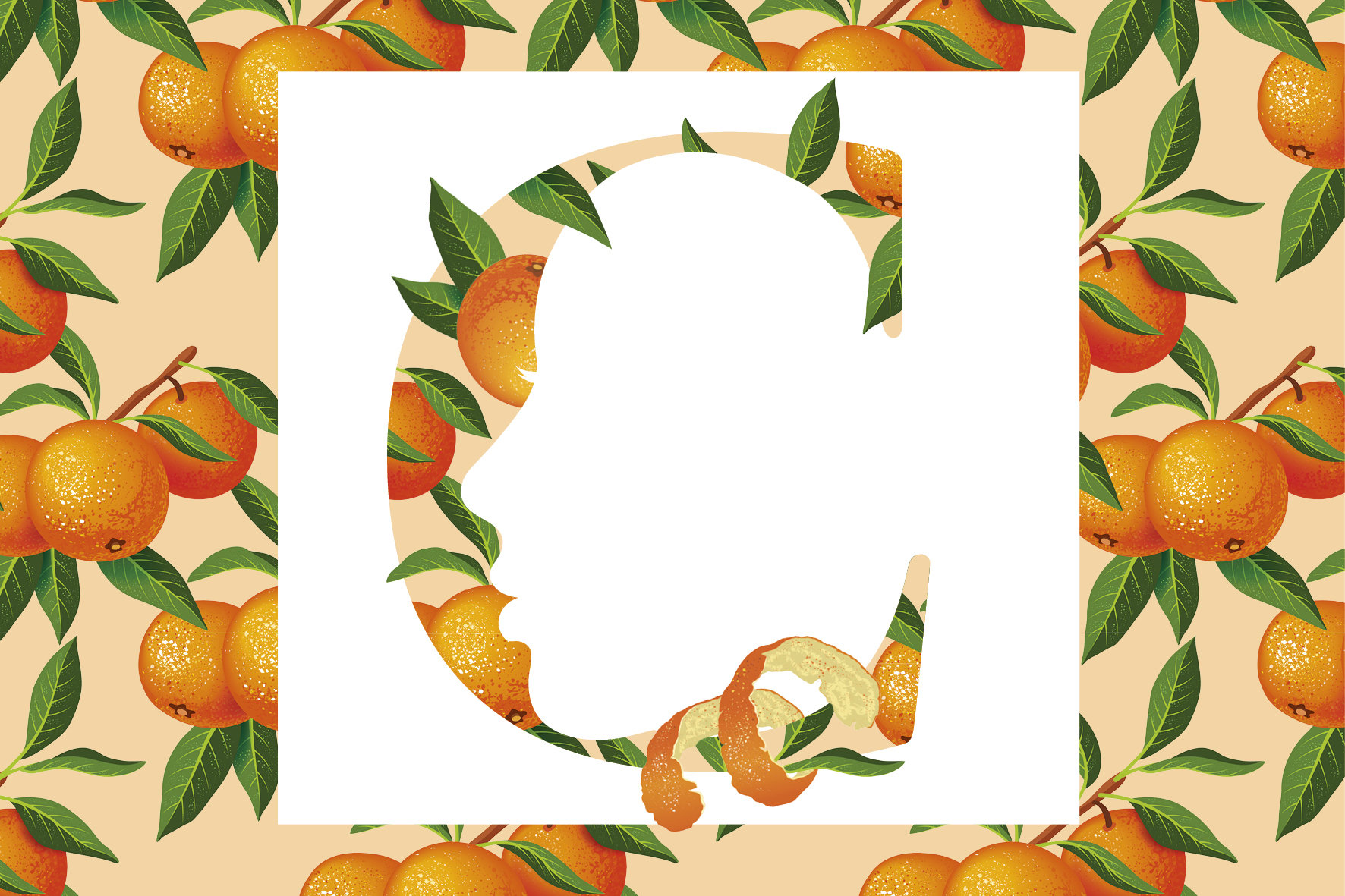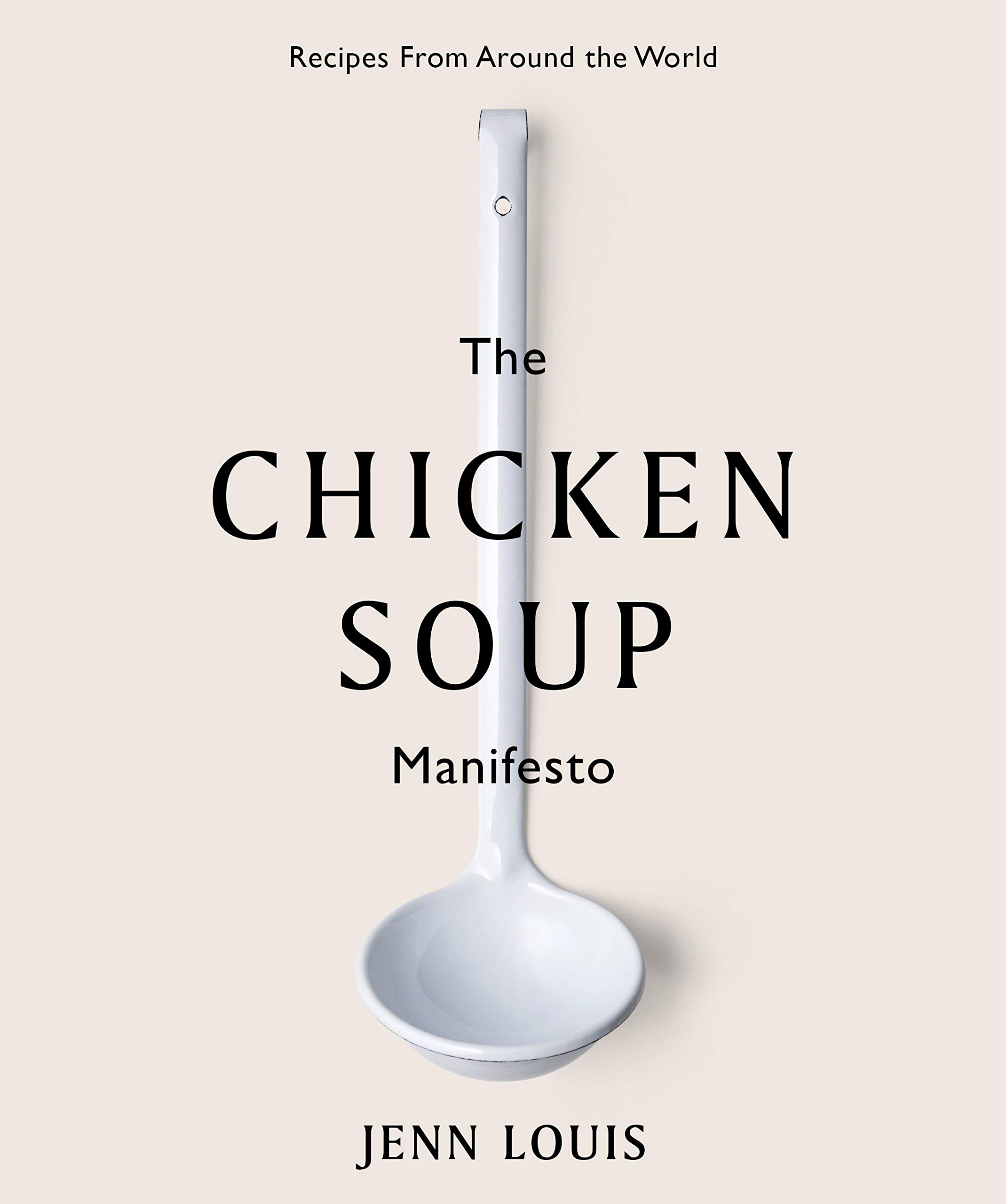Ahead of festive and party season, Pamela McIntosh checked in with some Aotearoa beverage folk doing their best to future-proof their product and the planet.
At its heart, being sustainable is about fulfilling the needs of Kiwis today without compromising what future generations will require. When it comes to the beverage business, it’s about being methodical about economic growth and respect for the environment by changing or offsetting as many production techniques as possible. Before you head to your local Liquorland, check out these businesses with a sustainability focus:

Grove Mill Winery
Grove Mill winery in Marlborough’s Wairau Valley bottles wine in lightweight recycled New Zealand glass, reducing their carbon footprint and supporting their local industry. The winery is powered with the help of more than 300 solar panels, drastically reducing the use of energy from the main grid. Labels are made from sugarcane – a highly renewable material that utilises an abundant by-product – and caps are made in Aotearoa. The wetlands Grove Mill has established beside the winery play an important role in a healthy ecosystem. They’ve planted 700 plants and eradicated 58 predatory animals, which has encouraged the regeneration of native flora and fauna in the wetlands, namely the Southern Bell Frog.
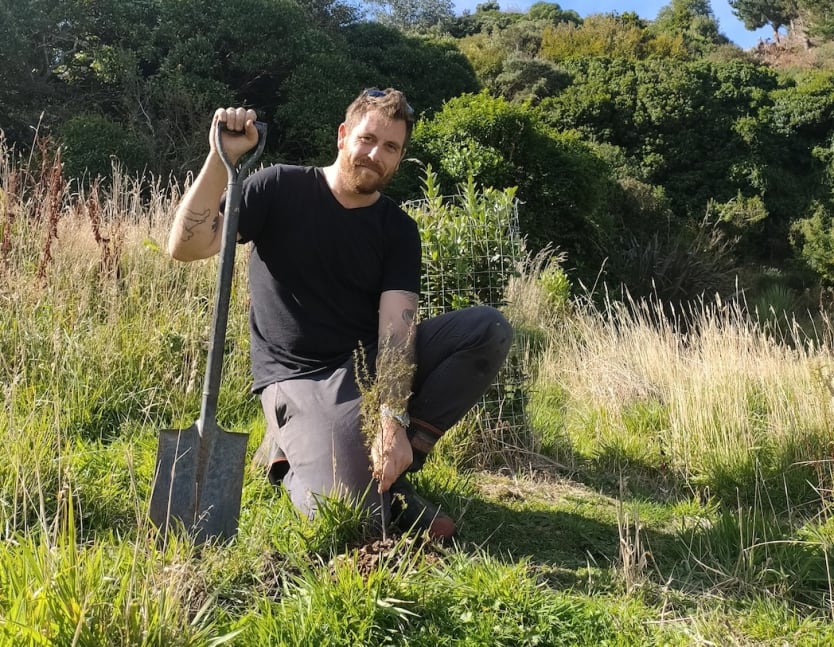
Sandymount Distillery
Sandymount Distillery in Otago Peninsula achieved carbon-neutral status earlier this year. “It was what I’d been working towards since I built my first still,” says owner and distiller Richard Wilson, who is investing in planting native forests, (both on-site at Sandymount) with a planting plan of 2000 native trees over 36 months, and through the EKOS carbon zero certification plan at Kanuka Hill in Uruwhenua, Mōhua. The largest contributor to Sandymount Distillery’s carbon footprint is travel and freight, although Richard delivers Dunedin orders himself, meaning he can combine trips and reduce both fuel consumption and packaging.

1919 Distilling
Over the past two years, Auckland-based 1919 Distilling has introduced their own refill scheme that has helped save over 6,500 bottles and allowed bars to cut down on waste. They have also reduced transportation emissions by removing the weight of the bottles (more than 9,500kg of glass), which provides a more sustainable gin experience. 1919 Distilling takes pride in working with local social initiative kitchens to upcycle botanicals and fruit where possible. One example is citrus – any disregarded part of the fruit is donated elsewhere to be turned into juice or ingredients for meals. Recently, Soren and his team have started working with Green Spark to plant one tree every day, and to remove one plastic bottle from the ocean for every online order – so far, the count is at 250 bottles!
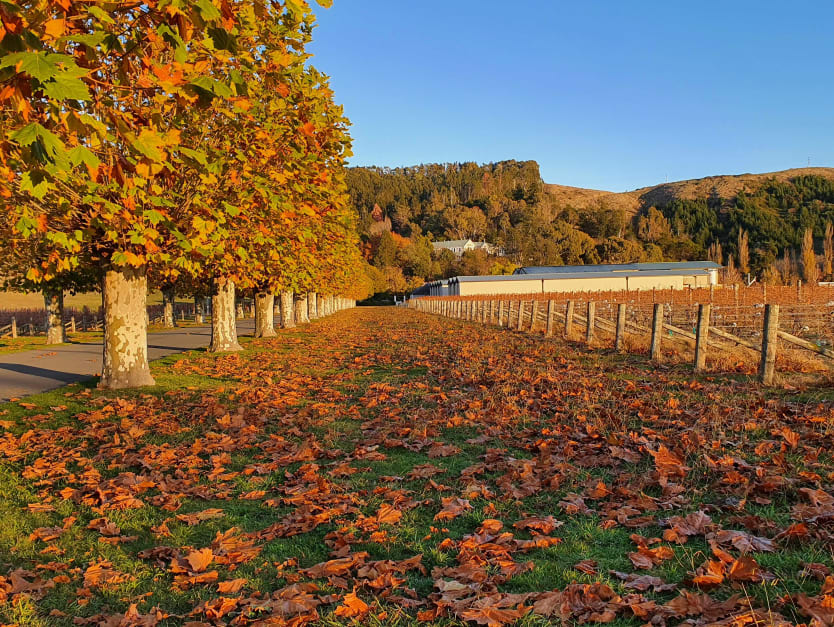
Mission Estate Vineyard
Mission Estate is a founding member of Sustainable Winegrowing and their Gaia Project wines are kind on nature and wild on taste. Every aspect of their creation has been carefully considered to offer wine-lovers an environmentally conscious choice with great flavour. The Gaia Project wines reflect their sustainability journey so far – from vineyard to glass. In 2007 Mission Estate implemented a multi-million dollar winery upgrade to maximise their energy efficiency, and every year they benchmark their energy and water use with wineries of a similar size. Packaging, recycled content, labels, lightweight bottles and carton recyclability are all paramount in their planning and production.
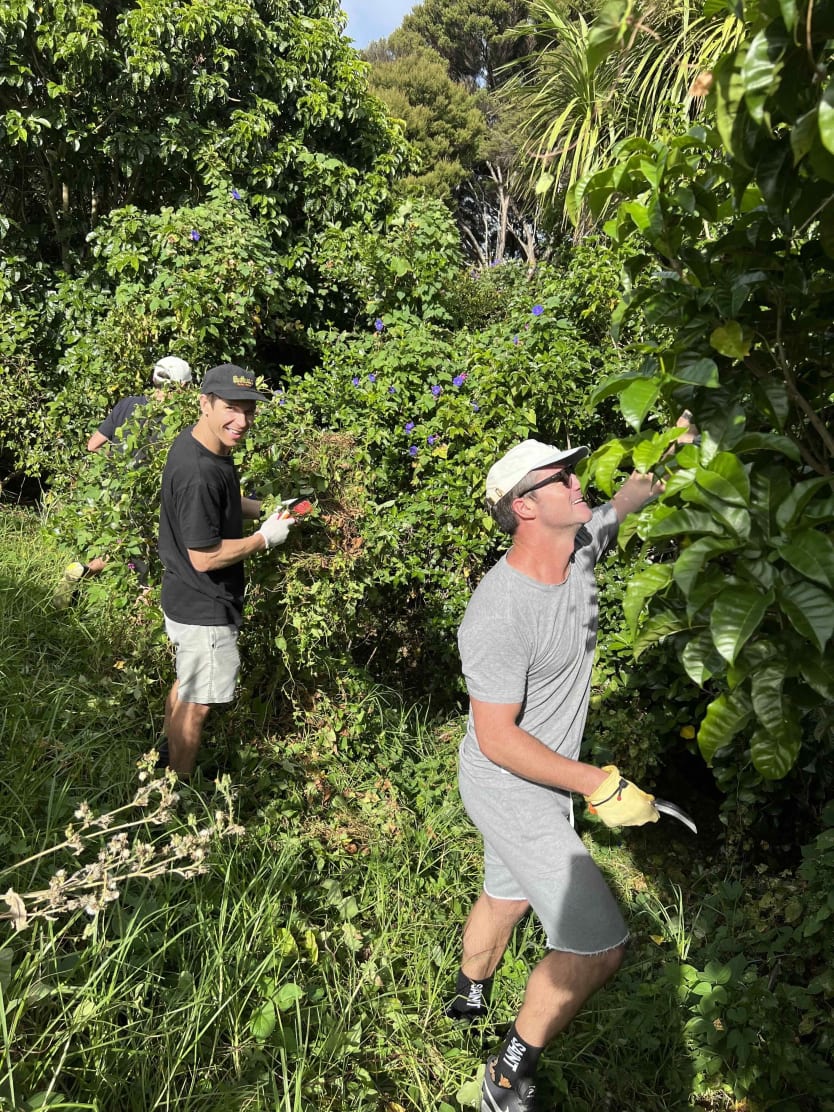
Pals RTDs
Pals are New Zealand’s first B Corp-certified RTD brand, which means that the team is making a positive impact on its workers, community, customers, the environment, and business. Pals Director and Co-Founder Nick Marshall says that the B Corp certification process helped provide a rigorous framework and benchmark for sustainable business. Some highlights include an ‘Unsung Pals’ initiative, which rewards local heroes doing great things in their community, achieving official carbon-zero certification (endorsed by Toitū) and implementing a parental policy which offers Pals parents up to 80% pay for 16 weeks, or 13 weeks at full pay.
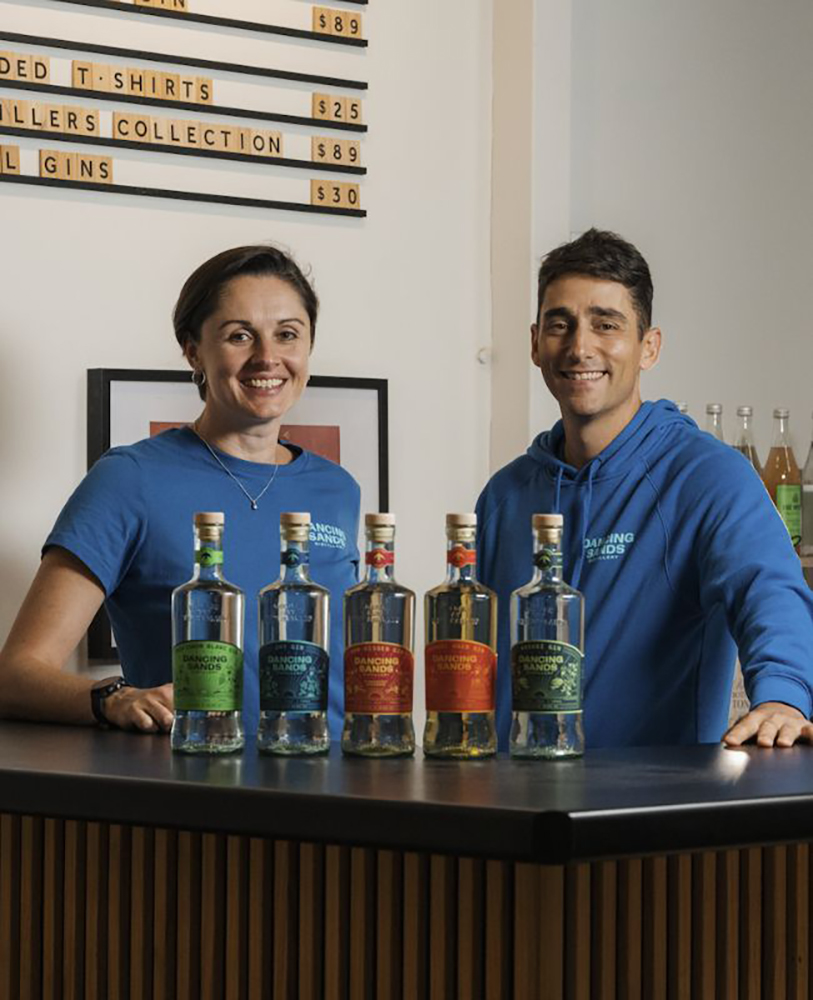
Dancing Sands Distillery
Dancing Sands recently moved their bottle production home to New Zealand. Founders Sarah and Ben Bonoma admit that while it would have been easier to have offshore bottle production, they had to stay the course and make it happen because using recycled glass was the right thing to do. The process means the popular gin distillery reduced their carbon emissions by 15,000kg a year – the energy equivalent of charging your phone 1.8 million times!
Dancing Sands’ owes its continued success to the natural surroundings of Golden Bay. Sarah and Ben knew Golden Bay was a bit of a tricky location when they established the distillery in 2016, but its remoteness is what gives way for pristine natural beauty that continually provides inspiration for their innovative flavours. With that in mind, the brand is leading the way with cleaner, greener raw materials and manufacturing processes, helping to keep New Zealand’s treasured, natural spaces as pristine as possible for future generations of Kiwis to enjoy and draw inspiration from.

Sawmill Brewery
Four times winner of the Brewers Guild Sustainability Award, Sawmill Brewery has an impressive list of sustainability practices that is far too long to publish here (check out sawmillbrewery.co.nz for more info). With water and power being the biggest natural resources a brewery uses, here are a few of their key pledges: To catch all the water available on their roof (around 1m litres annually); to divert brewery waste to a stormwater system, which is treated onsite and goes back on to the surrounding land as irrigation; to use hop residue for compost; to use their heat recovery system to recycle water, saving 287,091mj of energy annually; to utilise solar energy with 98 solar panels and more to come; to use LED lighting and motion sensors throughout the brewery; and to bottle labels are collected and recycled.

DB Breweries
DB Breweries are making great progress towards their 2030 sustainability goals, which include sourcing 100% of energy from renewable sources, zero waste to landfill by 2025, and balancing 100% of the water consumed in production. This year, their highlights are vast: 49% reduction in scope 1 and 2 carbon emissions from their 2018 baseline; 71% hybrid vehicles; 0% gender pay gap (and their management team is currently made up of 55% women); partnerships with local organisations that help feed the community; and 96% of their material and contractor spend is supporting local business.
